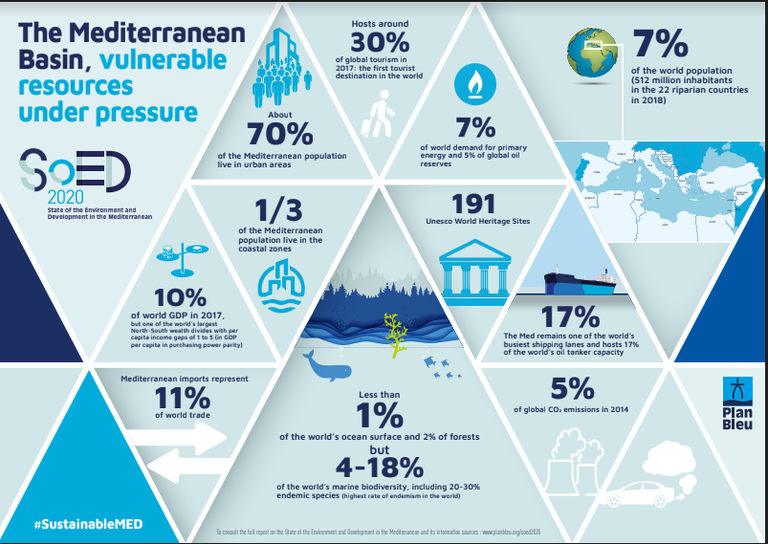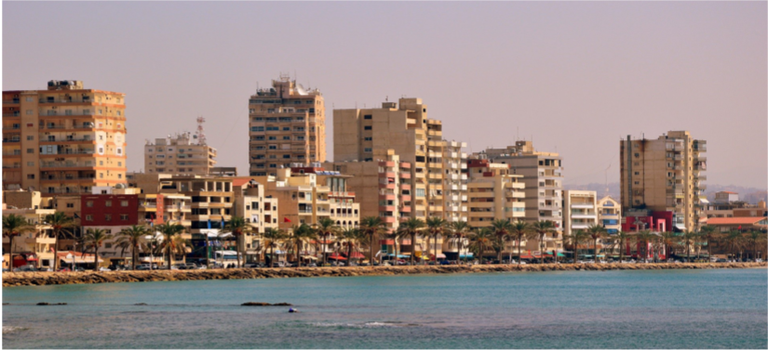The Mediterranean : A basin under pressure
The Mediterranean is a fragile eco-region with unique cultural heritage and exceptional biodiversity.
Development is focused on its coastal areas, which are subject to multiple pressures. Coastal urbanization, mass tourism, overexploitation and salinization of freshwater, pollution and marine litter, overfishing, expansion of maritime traffic and non-indigenous species are common concerns.
The concentration of populations in coastal areas continued unabated in the past decade. Between 1965 and 2015, urban pressure continued to increase in threequarters of Mediterranean countries with built-up areas at least doubling in the coastal strip (less than one kilometer from the sea).
This has resulted in the loss of surface of natural coastal ecosystems, thus affecting the services associated with them, and in heightened coastal risks for the populations that depend on them. This raises the issue of enforcement of the Protocol of the Integrated Coastal Zone Management (ICZM) of the Barcelona Convention, which stipulates that Contracting Parties must establish in coastal zones an area of at least 100 m in width where construction is prohibited. The phenomenon of “littoralisation” contributes to the destruction of fragile natural environments and agricultural lands which play a crucial role not only in carbon capture, but also in flood regulation and maintenance of biological balance. This also has consequences on the survival and development of a traditional peasant activity (crops of cereals and legumes with arboriculture) which avoids or slows down the rural exodus.
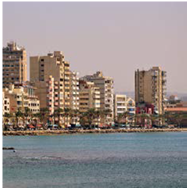
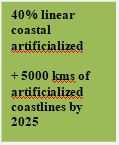
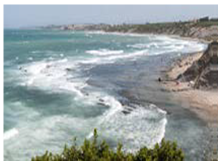
Dealing with the multiple pressures of the economic sectors (tourism, transport, industry, mining) presupposes the integration of environmental issues in the design of investments and projects. Careful consideration should be given to the transport sector, to investments and maintenance of road, rail, port and airport infrastructure and their environmental impact, to vehicle pollution control, to the transition to new ones. technologies (electricity, hydrogen), reducing the environmental impacts of civil and military maritime transport. The industry and extractive industries must improve their efficiency in the context of a circular economy characterized by the reduction, reuse and recycling of waste and attention to the production and use of chemicals.
